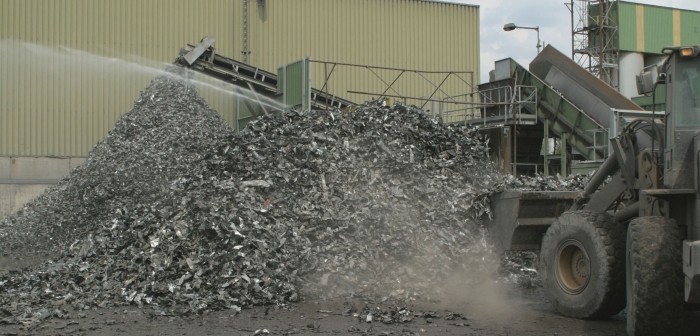 All living organisms need zinc – it is an essential element. The amount of zinc present in nature varies widely, so living organisms have natural processes that regulate their uptake. Deficiency occurs when the amount of available zinc is insufficient to meet the needs of an organism. This occurs in both the environment and in human nutrition. It has been suggested that nearly half the world’s population is at risk from zinc deficiency and efforts are being made to boost the zinc intake of the world’s poorest children.
All living organisms need zinc – it is an essential element. The amount of zinc present in nature varies widely, so living organisms have natural processes that regulate their uptake. Deficiency occurs when the amount of available zinc is insufficient to meet the needs of an organism. This occurs in both the environment and in human nutrition. It has been suggested that nearly half the world’s population is at risk from zinc deficiency and efforts are being made to boost the zinc intake of the world’s poorest children.
Zinc deficiency in agricultural soils is also common on all continents and leads to inefficiencies in crop and livestock production.
All living organisms need zinc – It is an essential element
Zinc enhances our memory and thinking by interacting with other chemicals to send messages to the sensory brain centre. Zinc can also reduce fatigue and mood swings.

Because zinc is used to generate cells, it is especially important during pregnancy, for the growing fetus whose cells are rapidly dividing.
In women, zinc can help treat menstrual problems and alleviate symptoms of premenstrual syndrome.
Zinc is vital for taste and smell, it is needed for renewal of skin cells and to keep our hair and nails healthy.
We use zinc in shampoo and sun-block products. In men, zinc protects the prostate gland and helps maintain sperm count and mobility.
Zinc helps keep us going… and enjoying healthy active lifestyles. Among all the vitamins and minerals, zinc shows the strongest effect on our all-important immune system.
Zinc has proven effective in fighting infections and can even reduce the duration and severity of the common cold.
Zinc is vital in activating growth in infants, children and teenagers.


